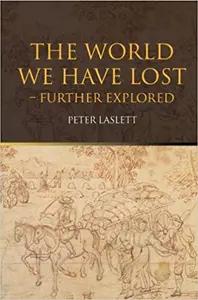The World We Have Lost
By Peter Laslett
Category
HistoryRecommended by
"The World We Have Lost" by Peter Laslett is a comprehensive exploration of the fundamental changes that shaped English society from 1530 to 1780.
Through meticulous research and analysis, Laslett delves into various aspects of social life, including family structures, social status, religion, and politics. He expertly paints a vivid picture of a society that operated on principles vastly different from our own.
Laslett examines the evolution of the family unit, highlighting the shift from large extended families to smaller, nuclear households. He explores the roles and responsibilities of different family members, shedding light on the intricate dynamics and challenges they faced.
In addition to family life, Laslett explores prevailing social hierarchies, demonstrating how individuals were categorized based on birth, wealth, and occupation. He uncovers the social and economic disparities that defined this era, illustrating the immense divide between the elites and the common people.
Religion and its influence on society and individual lives is another focal point of Laslett's research. He explores the impact of the English Reformation and the rise of Protestantism, shedding light on how religious beliefs shaped perspectives, values, and behaviors.
Furthermore, Laslett delves into the political landscape, examining the monarchy, Parliament, and the relationship between the state and its citizens. He uncovers the tensions and conflicts that characterized this period, providing insight into how political structures and ideologies shaped society.
Through Laslett's skillful analysis and engaging prose, "The World We Have Lost" offers readers a nuanced understanding of the features, challenges, and complexities of English society during this transformative period. It serves as a valuable resource for historians, scholars, and anyone seeking to gain a deeper understanding of the past, enriching our comprehension of the world we inhabit today.
Through meticulous research and analysis, Laslett delves into various aspects of social life, including family structures, social status, religion, and politics. He expertly paints a vivid picture of a society that operated on principles vastly different from our own.
Laslett examines the evolution of the family unit, highlighting the shift from large extended families to smaller, nuclear households. He explores the roles and responsibilities of different family members, shedding light on the intricate dynamics and challenges they faced.
In addition to family life, Laslett explores prevailing social hierarchies, demonstrating how individuals were categorized based on birth, wealth, and occupation. He uncovers the social and economic disparities that defined this era, illustrating the immense divide between the elites and the common people.
Religion and its influence on society and individual lives is another focal point of Laslett's research. He explores the impact of the English Reformation and the rise of Protestantism, shedding light on how religious beliefs shaped perspectives, values, and behaviors.
Furthermore, Laslett delves into the political landscape, examining the monarchy, Parliament, and the relationship between the state and its citizens. He uncovers the tensions and conflicts that characterized this period, providing insight into how political structures and ideologies shaped society.
Through Laslett's skillful analysis and engaging prose, "The World We Have Lost" offers readers a nuanced understanding of the features, challenges, and complexities of English society during this transformative period. It serves as a valuable resource for historians, scholars, and anyone seeking to gain a deeper understanding of the past, enriching our comprehension of the world we inhabit today.
Share This Book 📚
More Books in History
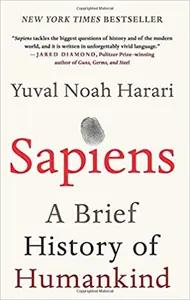
Sapiens
Yuval Noah Harari
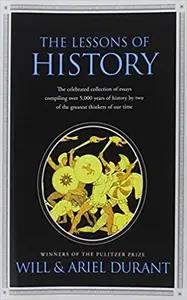
The Lessons of History
Will & Ariel Durant
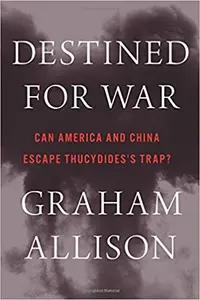
Destined For War
Graham Allison
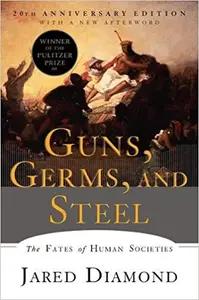
Guns, Germs, and Steel
Jared Diamond
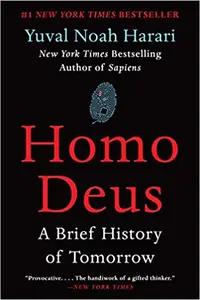
Homo Deus
Yuval Noah Harari
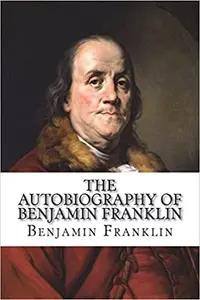
The Autobiography of Benjamin Franklin
Benjamin Franklin
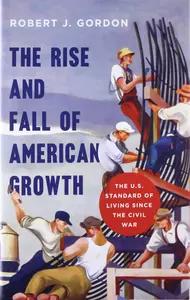
The Rise And Fall Of American Growth
Robert J. Gordon

Titan
Ron Chernow
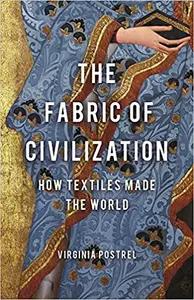
The Fabric of Civilization
Virginia Postrel
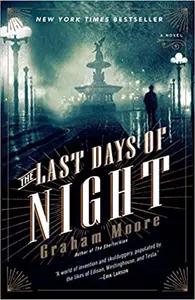
The Last Days of Night
Graham Moore
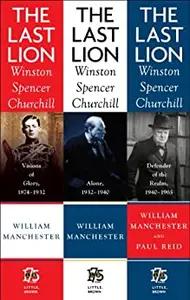
The Last Lion
Paul Reid
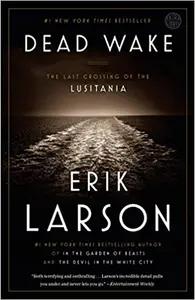
Dead Wake
Erik Larson
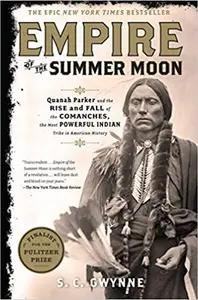
Empire of the Summer Moon
S.C. Gwynne
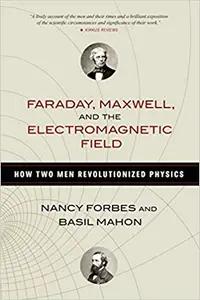
Faraday, Maxwell, and the Electromagnetic Field
Nancy Forbes
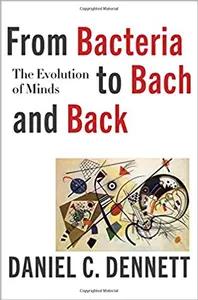
From Bacteria to Bach and Back
Daniel Dennett
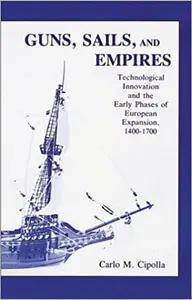
Guns, Sails, and Empires
Carlo M. Cipolla
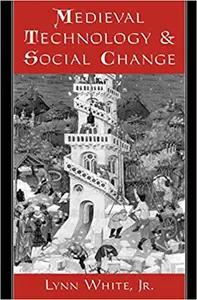
Medieval Technology and Social Change
Lynn White
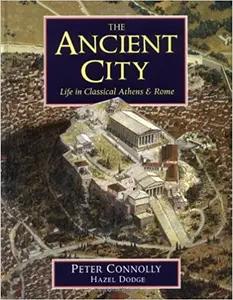
The Ancient City
Peter Connolly
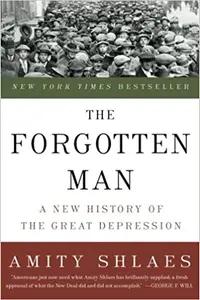
The Forgotten Man
Amity Shales
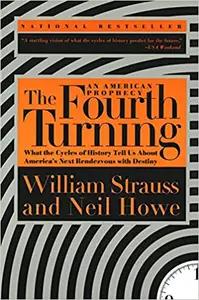
The Fourth Turning
William Strauss
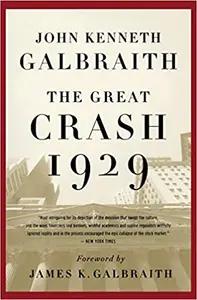
The Great Crash of 1929
John Kenneth Galbraith
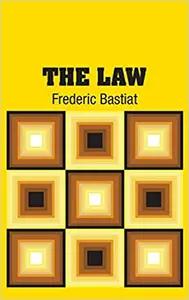
The Law
Frederic Bastiat
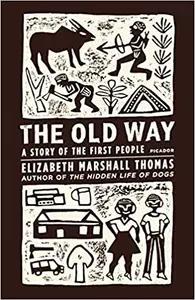
The Old Way
Elizabeth Marshall Thomas
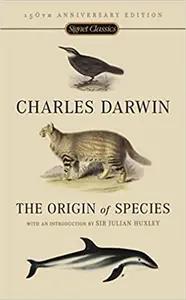
The Origin of Species
Charles Darwin
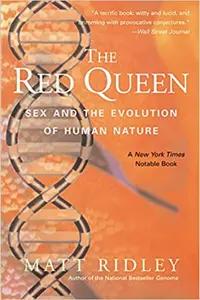
The Red Queen
Matt Ridley
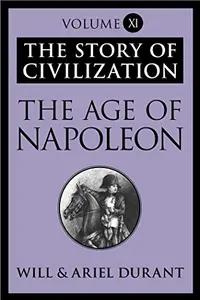
The Story of Civilization
Will & Ariel Durant
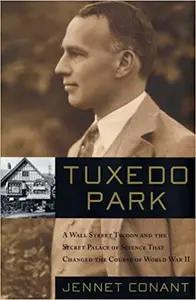
Tuxedo Park
Jennet Conant
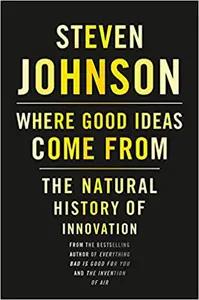
Where Good Ideas Come From
Steven Johnson
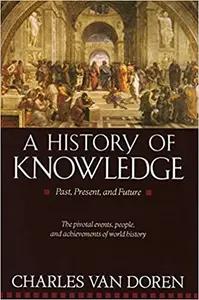
A History of Knowledge
Charles Van Doren
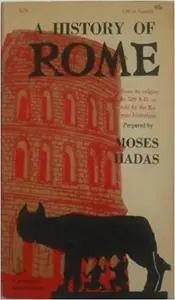
A History of Rome
Moses Hadas
Popular Books Recommended by Great Minds 📚
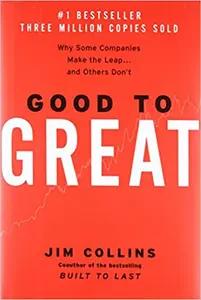
Good To Great
Jim Collins
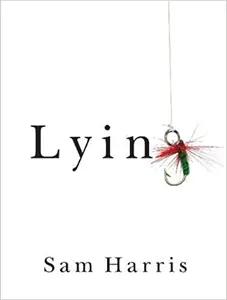
Lying
Sam Harris
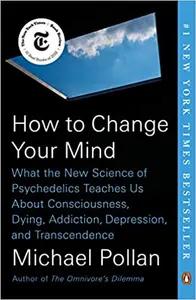
How to Change Your Mind
Michael Pollan

Homo Deus
Yuval Noah Harari
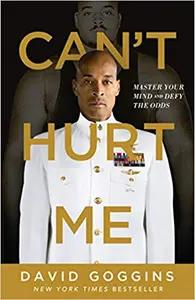
Can't Hurt Me
David Goggins
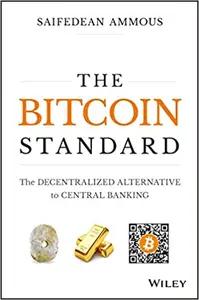
The Bitcoin Standard
Saifedean Ammous
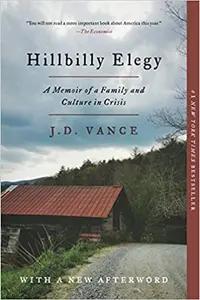
Hillbilly Elegy
J.D. Vance
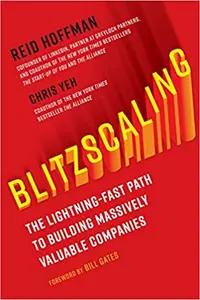
Blitzscaling
Reid Hoffman
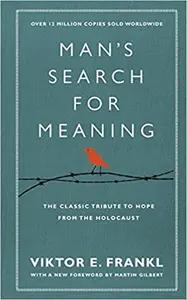
Man's Search for Meaning
Viktor Frankl
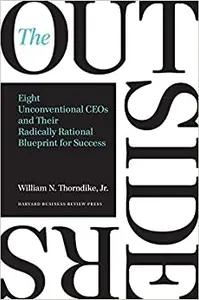
The Outsiders
William Thorndike
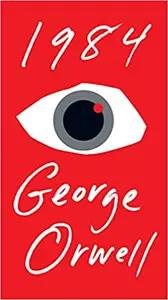
1984
George Orwell
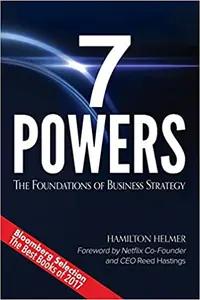
7 Powers
Hamilton Helmer
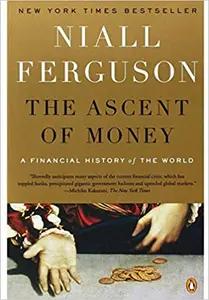
The Ascent of Money
Niall Ferguson
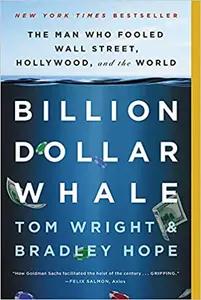
Billion Dollar Whale
Tom Wright
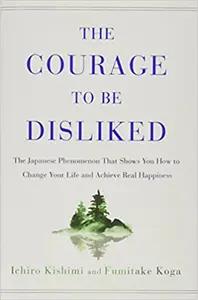
The Courage To Be Disliked
Ichiro Kishimi
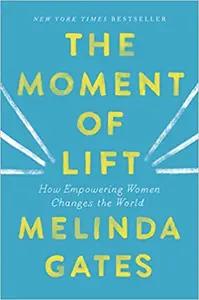
The Moment of Lift
Melinda Gates
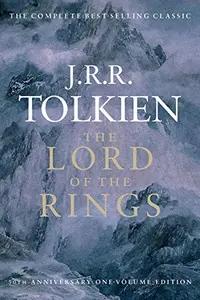
The Lord of the Rings
J.R.R. Tolkien
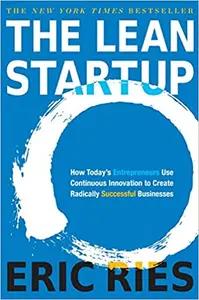
The Lean Startup
Eric Reis
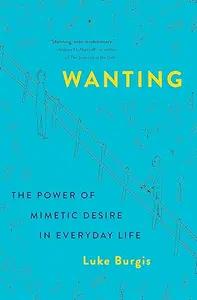
Wanting
Luke Burgis
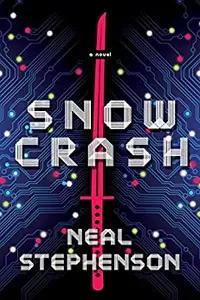
Snow Crash
Neal Stephenson
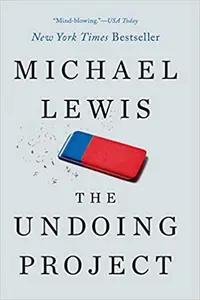
The Undoing Project
Michael Lewis
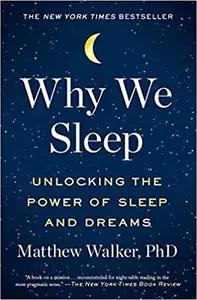
Why We Sleep
Matthew Walker
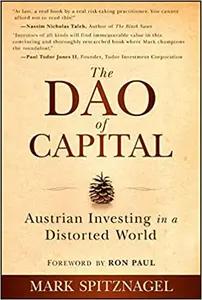
The Dao of Capital
Mark Spitznagel
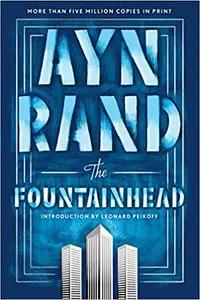
The Fountainhead
Ayn Rand
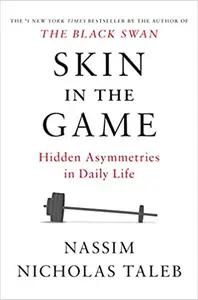
Skin In The Game
Nassim Taleb
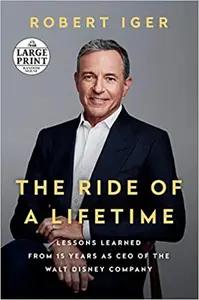
The Ride of a Lifetime
Bob Iger
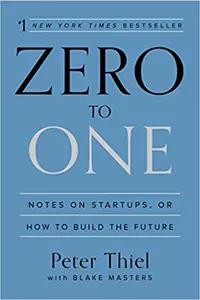
Zero to One
Peter Thiel
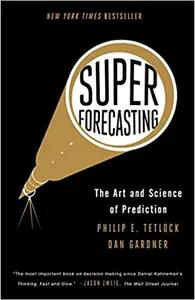
Superforecasting
Philip Tetlock
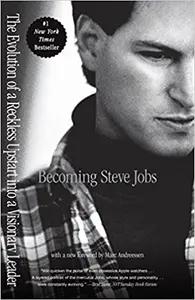
Becoming Steve Jobs
Brent Schlender

The Autobiography of Benjamin Franklin
Benjamin Franklin
